On June 29, 2025, Ukrainian President Volodymyr Zelenskyy signed into law Decree 441/2025, which formalizes Ukraine’s exit from the Ottowa Convention. This is a treaty which disallows the use, stockpiling, production, and transfer of landmines, specifically anti-personnel ones. This decision marks a significant break from earlier versions of Ukraine’s strategy and reflects the no-holds-barred state of the Russo-Ukrainian war.
Shifting Strategies
On the same day, Ukraine's National Security and Defense Council made a resolution named "On Ukraine's Withdrawal from the Convention on the Prohibition of the Use, Stockpiling, Production, and Transfer of Anti-Personnel Mines and on Their Destruction." This directive puts that decision into action. This news came out at a time when Ukraine is still facing Russia's full-scale invasion. The invasion has radically transformed how the country thinks about its defensive capabilities.
Ukraine signed the Ottawa Convention in 1999 and then made it official in 2005. This makes it one of more than 160 countries who wish to get rid of deadly weapons that hurt civilians even after wars are over. The Convention on the Prohibition of the Use, Stockpiling, Production and Transfer of Anti-Personnel Mines and on Their Destruction was signed in Oslo in 1997 and went into effect in 1999. It is one of the best accords for disarming people in modern history. It got rid of more than 40 million mines that were stockpiled around the world and developed a strong worldwide standard against their usage.
The Ukrainian government says it needs to leave because of what it calls "military necessity" in the face of an existential danger. "I hereby decree... to put into effect the decision of the National Security and Defence Council of Ukraine dated June 29, 2025 on Ukraine's withdrawal naw" from the convention, Zelenskyy said in the official decree. Ukrainian MPs have been especially vociferous about how unfair the present fight is, pointing out that Russia, which never signed the Ottawa Convention, has used anti-personnel mines a lot during the war.
Roman Kostenko, a member of parliament, said this dissatisfaction clearly: "Russia... uses mines against our military and civilians on a large scale." We can't be held back by rules when the enemy isn't. This point of view is part of a larger Ukrainian argument that following international humanitarian law is pointless when your enemy regularly breaks such rules. The Ukrainian Ministry of Foreign Affairs said the same thing, saying, "Ukraine has made the difficult but necessary political decision to stop fulfilling obligations that have become irrelevant under the Ottawa Convention..." Russia's military aggressiveness has forced Ukraine and its neighbors to rethink their positions and come to a political agreement to leave the Ottawa Convention.
Global Reactions
Ukraine's choice isn't made in a vacuum; it shows a shift in how Eastern European countries are thinking about security. Poland, Lithuania, Latvia, and Estonia have all said they want to leave the Ottawa Convention for the same reasons: they are worried about Russian aggression and want to improve their defenses. This coordinated action by NATO's eastern flank countries shows that these countries have fundamentally changed how they see the balance between humanitarian duties and national security needs.
The worldwide diplomatic response has been very calm, especially from NATO and EU members. Most of Ukraine's Western partners still support the Ottawa Convention, but there seems to be an unspoken agreement that the situation in Ukraine and its neighbors is very unusual. This diplomatic caution shows that people may realize that old humanitarian rules need to be rethought in light of existential dangers and asymmetric warfare.
From a historical point of view, the humanitarian community's worries are valid. Anti-personnel mines are meant to go off when a person steps on them, so they are weapons that kill and hurt civilians long after wars are over. The Ottawa Convention came about because these weapons cause a lot of pain and death, killing or injuring hundreds of people every week, usually innocent civilians, and making it harder for economies to grow and rebuild.
Long-Term Effects
The choice to pull out of the Ottawa Convention has far-reaching effects that go beyond Ukraine's current military demands. From a defensive point of view, landmines could be a cheap way for Ukraine to slow down Russian troops and direct them into areas where they can be killed. This ability is especially useful because Russia has more troops and Ukraine needs to make the most of every instrument it has for defense.
But the problems of rebuilding and helping people are just as big. Using anti-personnel mines will make it harder to clear landmines and rebuild after the war. This might make it take longer for people who have been displaced to return home and make recovery expenses skyrocket. Landmines can make areas uninhabitable for decades, which makes it very hard for the economy to grow and for life to return to normal. Humanitarian groups will have to take more risks to get help to the areas that need it, and the long-term effects on Ukrainian society might be terrible.
The diplomatic effects could also be quite important. Ukraine's withdrawal could make it harder for international partners that support the Mine Ban Treaty to work together, especially in Europe where humanitarian law is very important. The ruling makes us question how well international humanitarian law works when countries are facing threats to their very existence. It could also set a precedent that other countries could use in future wars.



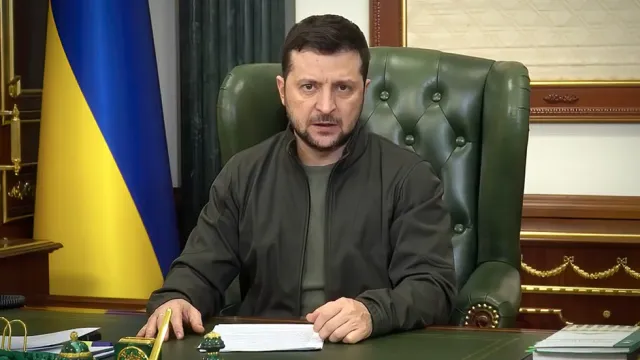


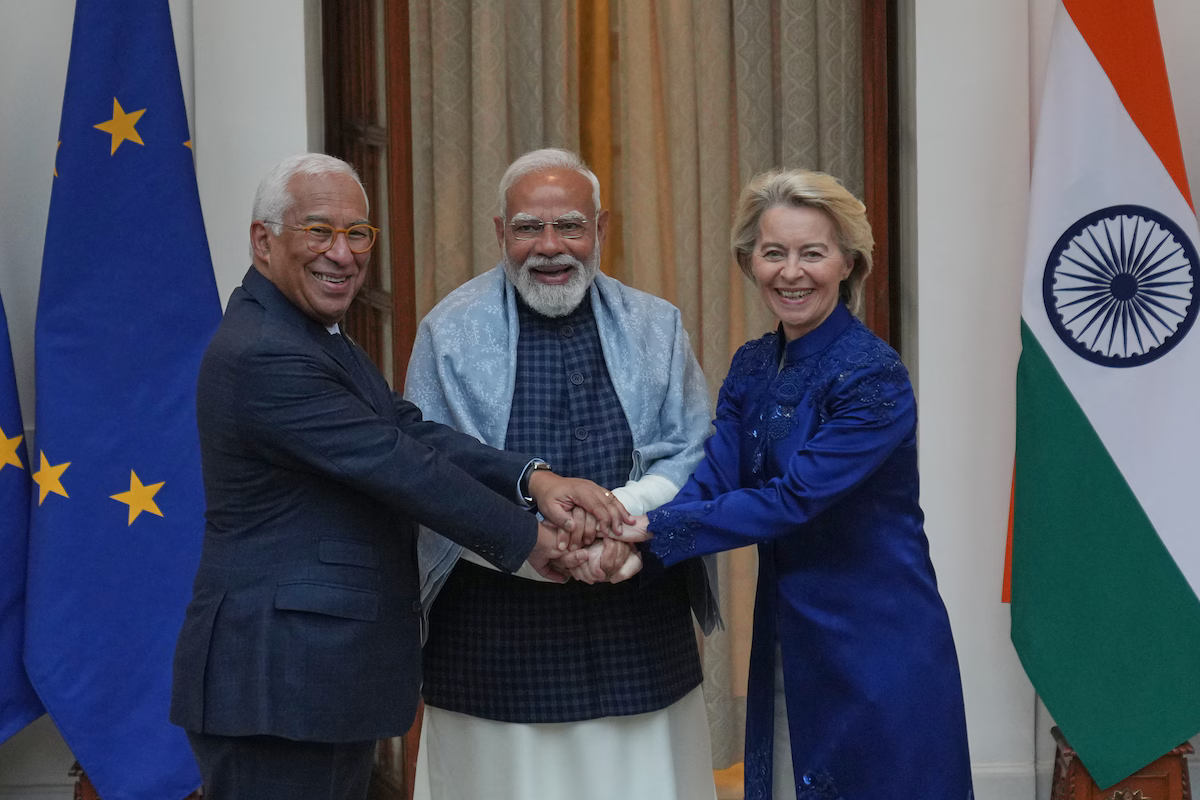
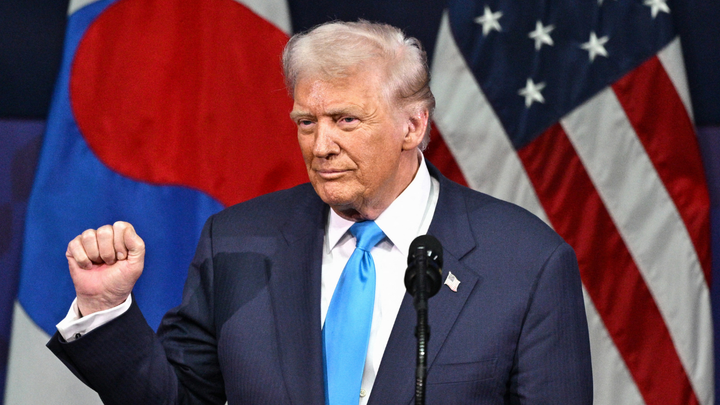



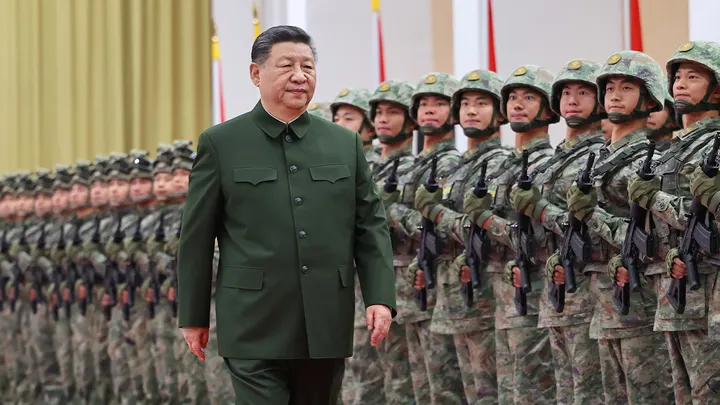

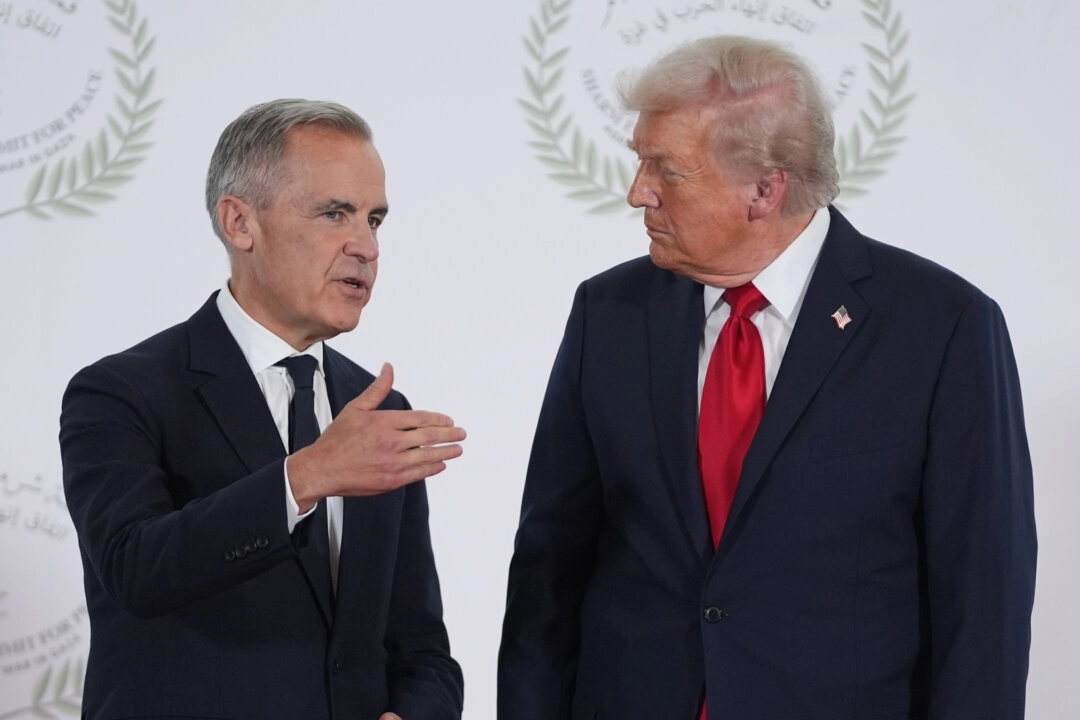
Discussion